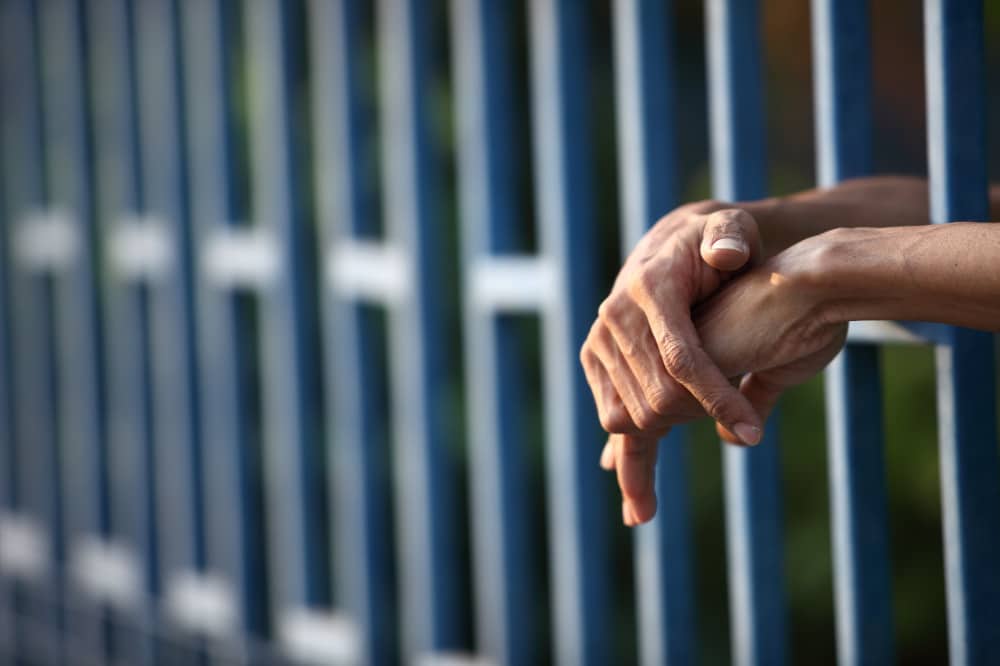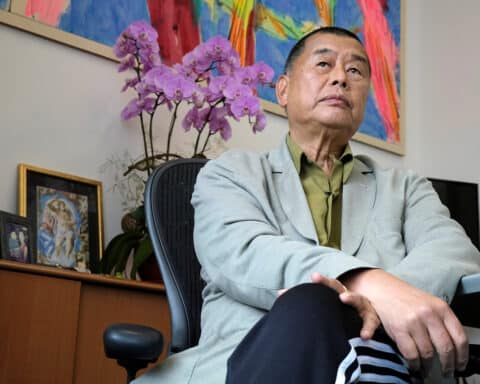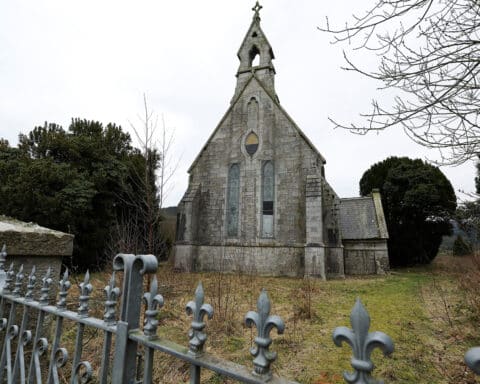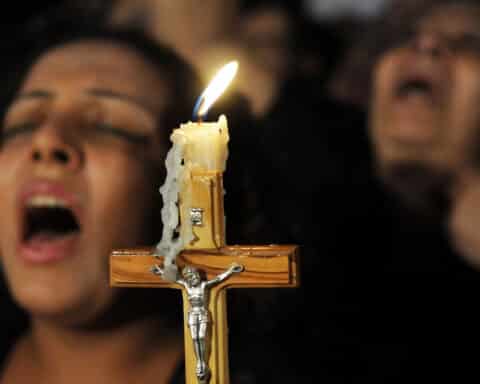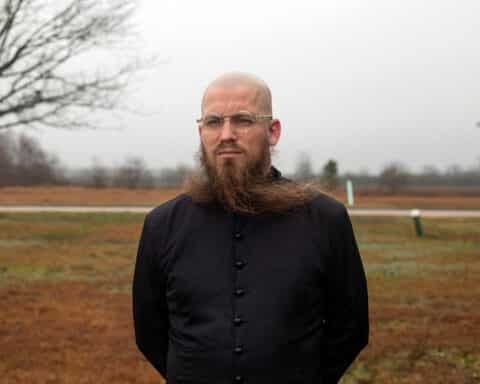The man spent 26 years in prison for a double-murder he probably didn’t commit. Even if he did, the police and the prosecutors didn’t prove it, and, in fact, hid information from the defense that would have saved him from being convicted. Finally, the 3rd U.S. Circuit Court of Appeals ruled that “no reasonable juror could rationally believe beyond a reasonable doubt that [David] Munchinski committed the Bear Rocks murders.”
I wrote about the case in our city newspaper. The police and prosecutors feel they know the accused did it, or they know he got away with other crimes, so they feel justified in lying and cheating to get him in prison. Our understanding of justice doesn’t allow this, in theory. A person is innocent until proven guilty beyond a reasonable doubt, and must have every chance to clear himself.
False convictions are more common than people realize. This includes people who were condemned to death, who, of all people charged with a crime, should be the safest from being convicted of a crime they didn’t commit.
Because the punishment is so final, these victims provide a useful proxy for other examples of false conviction. So far, 187 people on death row have been exonerated. The number will undoubtedly grow. Since the death penalty was resumed in the 1970s, one person sentenced to death has been exonerated for every eight people who have been executed, according to the Death Penalty Information Center. And some of those executed were probably innocent.
The center reports: “Nearly 70% of the exonerations involved misconduct by police, prosecutors or other government officials. 80% of wrongful capital convictions involved some combination of misconduct or perjury/false accusation and more than half involved both.”
People who had suffered official misconduct usually waited longer to reach exoneration, presumably because the judicial system protects itself. Misconduct, the center notes, “was implicated in all eight of the exonerations that took more than 30 years and 88% of exonerations that took 21-30 years.”
And it is an injustice particularly suffered by the marginalized and vulnerable. The center reports: “Misconduct occurred more often in cases involving Black exonerees (78.8%) than white exonerees (58.2%). Black exonerees spent an average of 4.3 more years waiting for exoneration than white exonerees.”
I’m guessing that were income included, the white people condemned to death would be significantly poorer than white people given lesser sentences, or exonerated, for the same crimes.
Catholic social teaching covers this, though it’s not an aspect we ever hear about. The Compendium of the Social Doctrine of the Church says: “The activity of offices charged with establishing criminal responsibility, which is always personal in character, must strive to be a meticulous search for truth and must be conducted in full respect for the dignity and rights of the human person; this means guaranteeing the rights of the guilty as well as those of the innocent” (No. 404).
It insists that “punishment cannot be inflicted if a crime has not first been proven.” It instructs police, prosecutors and judges to respect “the principle of the presumption of innocence.”
It then rules out torture as a way to get evidence. This should include, I think, the abusive and coercive forms of interrogation police use on the vulnerable. Such interrogation nearly sent Melissa Lucio to the death chamber (and may still). As the Texas Catholic bishops noted in their appeal for her life, “Melissa’s case highlights the serious flaws in our justice system that allowed her to be condemned to death on the basis of a dubious conviction.”
False conviction is a problem for Christians in two ways. First, our neighbors suffer this injustice, and distressingly often. Even Christians who talk a lot about social justice don’t mention this one. Many Christians get angry when they think the state has mistreated them, but not so often on others’ behalf.
Second, it is an injustice suffered especially by racial minorities and the poor, the “least of these” to whose needs Jesus tells us to pay special attention. They rarely have the resources to protect themselves. (Melissa Lucio didn’t. She got a stay of execution because secular groups took up her defense.)
False convictions, especially those based on misconduct by police or prosecutors (lying and cheating, as I put it in my article), explain some of the anger and mistrust racial minorities and poor whites feel toward the system. If you know you could be stitched up because you are who you are, you’re not going to be the middle-class idea of a model citizen.
You can’t afford the simple, unconscious trust in the system that people with money can. I wish more Christians understood that.
David Mills writes from Pennsylvania.

